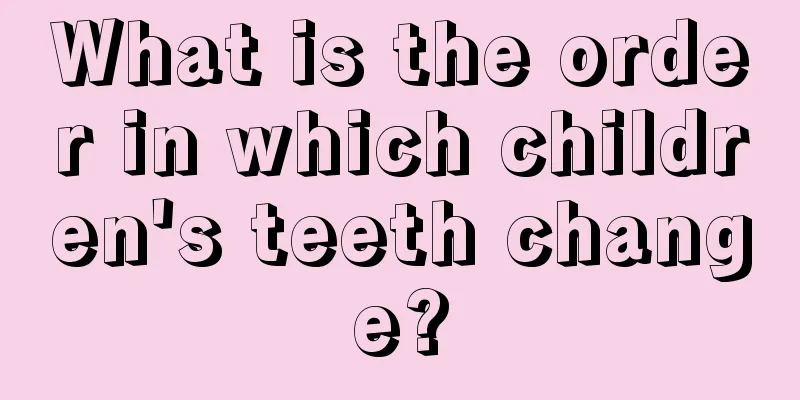What to do if children have nephritis?

|
Childhood nephritis is an emergency condition. The main cause of nephritis is low immunity in children, which leads to respiratory bacterial infection, thus causing nephritis. Nephritis is more common in children aged six to nine, and is especially susceptible to infection in humid weather and changeable seasons. Its symptoms include: loss of appetite, swelling of the face and ankles, abnormal urine volume, etc. The kidney is a very important organ in our body. Once a child is suffering from the disease, it will lead to renal dysfunction in the long run and the body will become worse and worse. Once discovered, it should be treated in time. 1. Keep warm. Be careful not to let your child catch cold, as colds will aggravate the condition and even cause recurrence. 2. Children should not eat foods high in salt. It is very important to eat less salt in the diet for children whose blood pressure has not yet returned to normal. However, meals without salt will affect appetite, so a low-salt diet is more appropriate. After the edema and high blood pressure disappear, you can improve your normal diet, but it should also be light and not too salty. Steamed buns and soda crackers also contain sodium, so it is best not to give them to children. You can let your children eat some fresh vegetables and fruits to supplement vitamins in the body. 3. Children should not be overworked. Parents should pay special attention to arranging their children's daily schedule and try to get enough rest. 4. Children’s clothes should not be worn for a long time without being changed. Infection is often the cause of relapse of kidney disease. Take a bath and change clothes frequently to keep your skin clean and prevent skin infections. 5. Do not reduce the dosage or stop taking the medicine at will. To treat kidney disease, most patients need to take hormone drugs. Sick children taking hormones must follow the doctor's guidance and gradually reduce the dosage until they stop taking the medication as their condition improves. Parents should urge their children to take medicines on time and in the appropriate dosage. They must not reduce the dosage or stop taking the medicines at will to avoid recurrence of the disease. |
<<: What medicine should children take for diarrhea?
>>: Children should be alert to the dangers of taking too many calcium tablets!
Recommend
Can baby vulvitis heal itself?
Most of the time, vulvitis in babies is caused by...
Umbilical cord bleeding
Under normal circumstances, the baby's umbili...
Why does the baby sneeze?
Every baby will become the focus of every family,...
Physical treatment methods for reducing fever in children
In our lives, it may often happen that babies hav...
How many months does the baby change the pacifier
The pacifier is the thing that babies touch most ...
The child's anus is red and painful
In our lives, many mothers find that their baby&#...
7 month old baby sleeping time
Your baby's sleep schedule should change afte...
What kind of milk powder is good for a three-year-old child
Some children grow up drinking milk powder. Since...
What to do if a child's hand is cut
Children love to play, and they will often secret...
What to do if your baby has acute laryngitis
The baby is the treasure of the whole family and ...
When do children lose their teeth?
The time when children's teeth change is a pr...
How long does it take for a newborn to drink water?
Can newborns drink water? The answer is definitel...
How to correct hunchback in children
It is common for children to have hunchbacks in d...
What should I do if my baby has anorexia in summer? Five ways to solve anorexia
In summer, young children will suffer from anorex...
Symptoms of fever and seizures in children
Pediatric convulsions are a relatively dangerous ...









